Conservation groups across the world, from Hong Kong to France, have been raising awareness on the increasing amount of disposable waste found in oceans due to the Covid-19 pandemic.
This includes items being used to prevent the spread of the pandemic, such as disposable masks and latex gloves.
Snorkelers in France find masks, gloves & hand sanitiser bottle
Divers who are with the non-profit in France, Opération Mer Propre, have reported the appearance of disposable masks and gloves underwater during underwater cleanups in the Mediterranean Sea over the past two months.
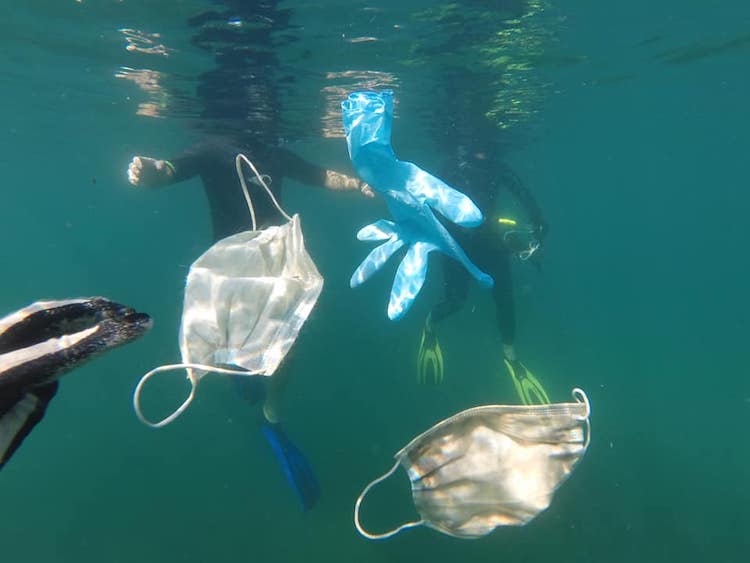 Photo via Opération Mer Propre/Facebook
Photo via Opération Mer Propre/Facebook
In one of their photos, an underwater photo of a hand sanitiser bottle was seen:
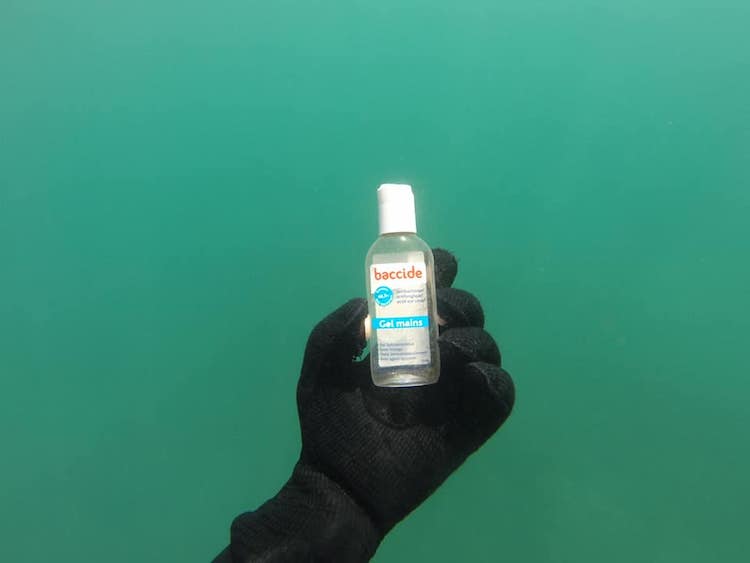 Photo via Opération Mer Propre/Facebook
Photo via Opération Mer Propre/Facebook
Here are more photos of disposable items found on their cleanups:
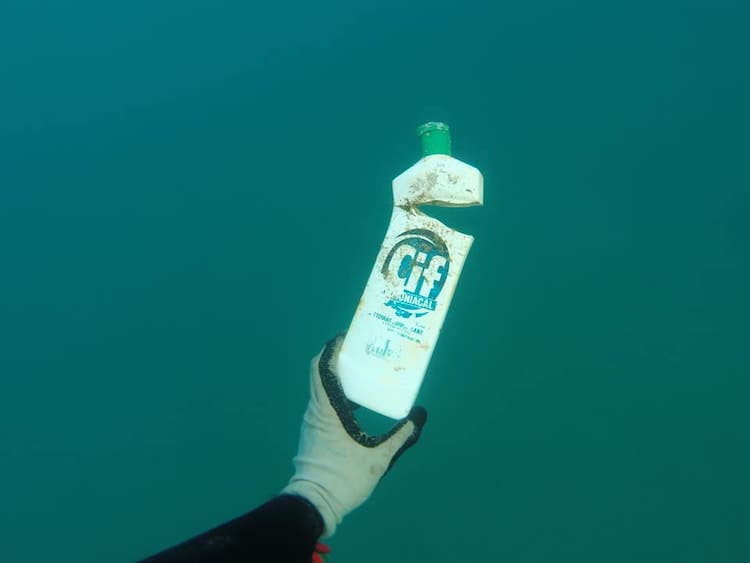 Photo via Opération Mer Propre/Facebook
Photo via Opération Mer Propre/Facebook
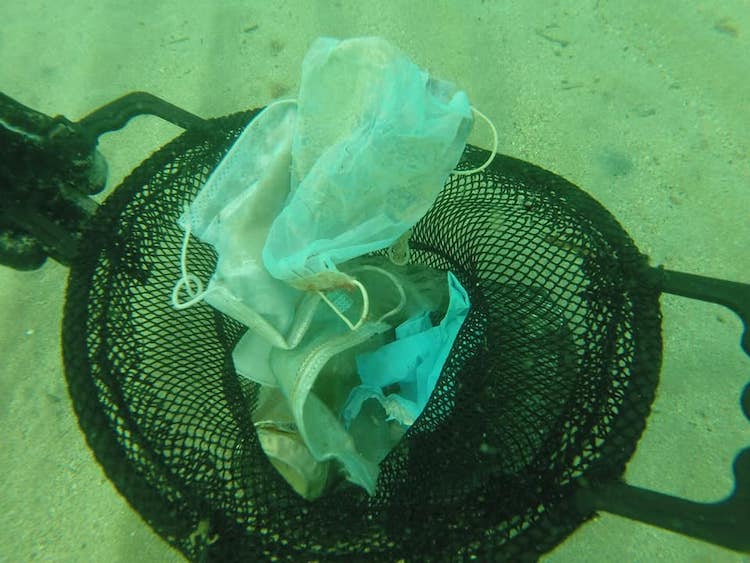 Photo via Opération Mer Propre/Facebook
Photo via Opération Mer Propre/Facebook
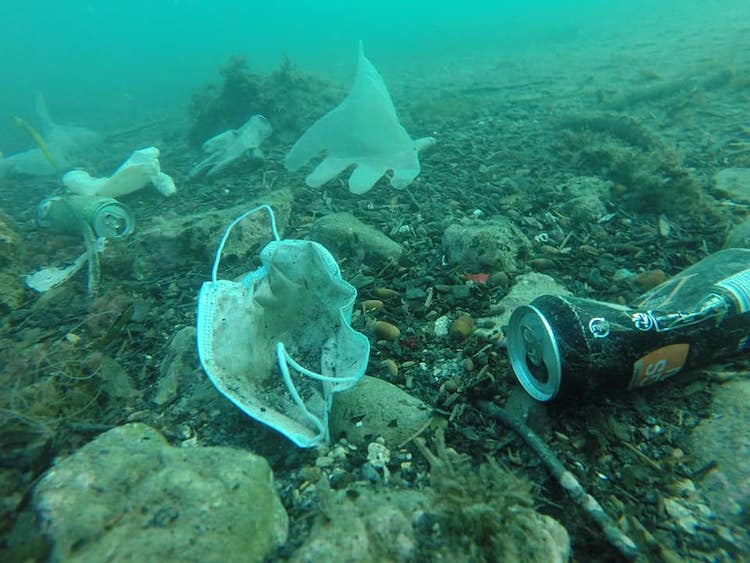 Photo via Opération Mer Propre/Facebook
Photo via Opération Mer Propre/Facebook
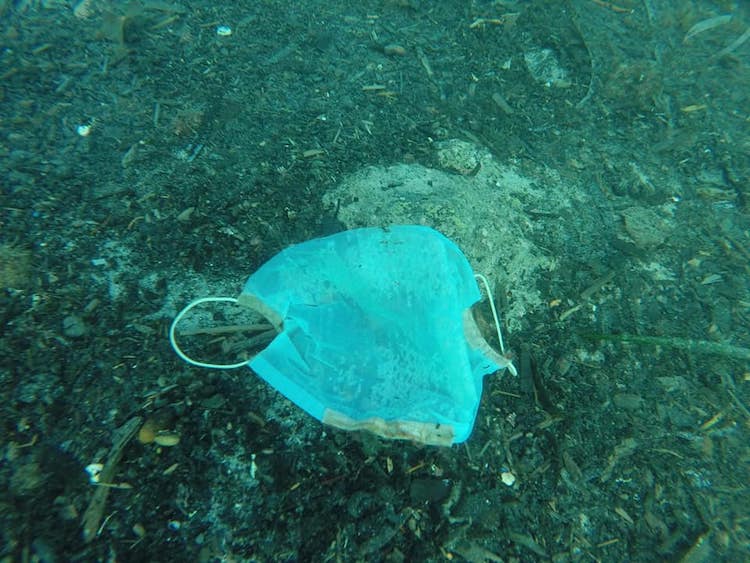 Photo via Opération Mer Propre/Facebook
Photo via Opération Mer Propre/Facebook
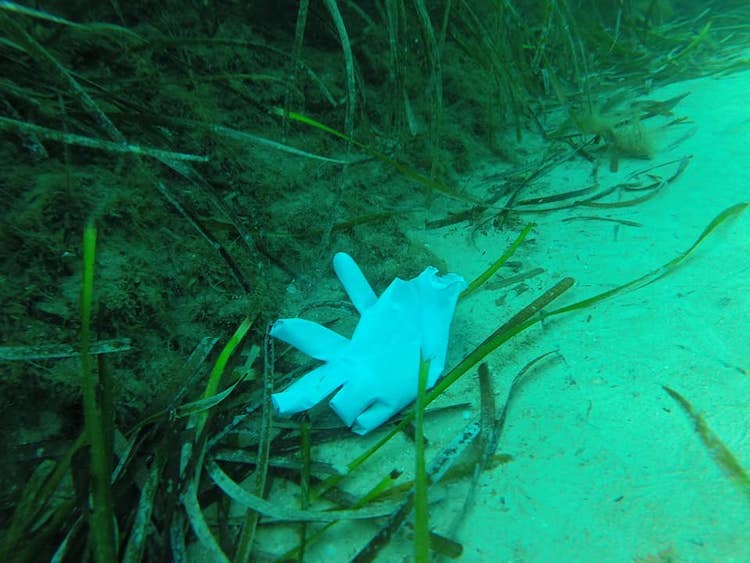 Photo via Opération Mer Propre/Facebook
Photo via Opération Mer Propre/Facebook
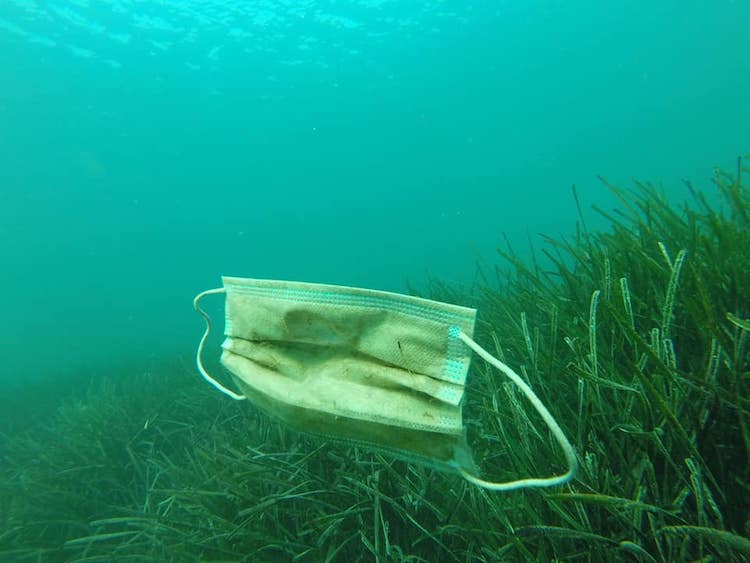 Photo via Opération Mer Propre/Facebook
Photo via Opération Mer Propre/Facebook
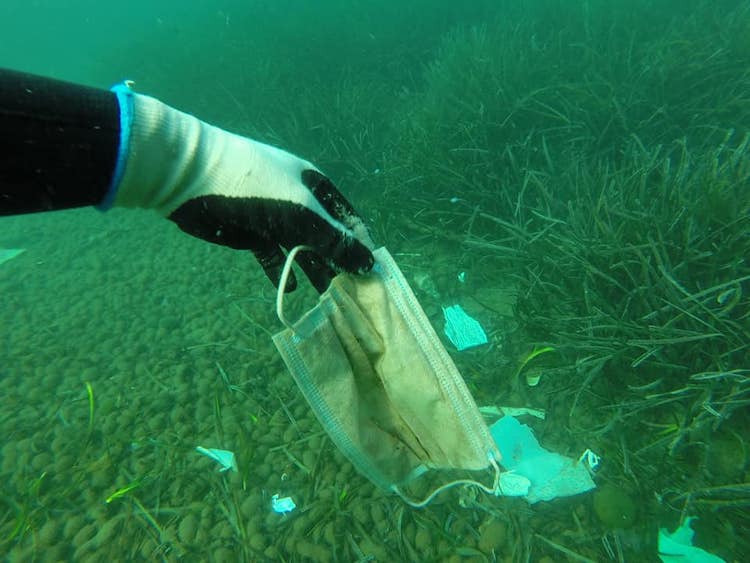 Photo via Opération Mer Propre/Facebook
Photo via Opération Mer Propre/Facebook
"More masks than jellyfish": Laurent Lombard
One of the members, Laurent Lombard, of the non-profit which runs these cleanups, wrote a Facebook post and stated in French that "soon we’ll run the risk of having more masks than jellyfish in the Mediterranean", reported The Guardian.
In his post, he also refers to an announcement by a French minister, who mentioned that France ordered more than two billion masks from China, as reported by CGTN.
This is not the first report of masks and waste from the pandemic finding their way into marine environments.
In April, another non-profit, Oceans Asia, made a post on masks washing up on the beaches of Hong Kong.
The impacts of marine plastic pollution
According to a report in 2018 by the United Nations Environment Program, about 13 million tonnes of plastic enter the oceans every year, and this does not take into account the added waste created by the current pandemic.
Here's how plastic pollution in the ocean impacts humans, animals and marine environments, according to Clean Water Action, an environmental non-profit organisation:
- Hurts and kills whales, fish, seabirds & other marine mammals as animals mistake plastic for food
- Marina animals suffocate or drown when entangled in plastic nets or other plastic items floating in the oceans
- Marine animals consume plastic, which then leads to plastics entering the food chains and even the human body as micro plastics
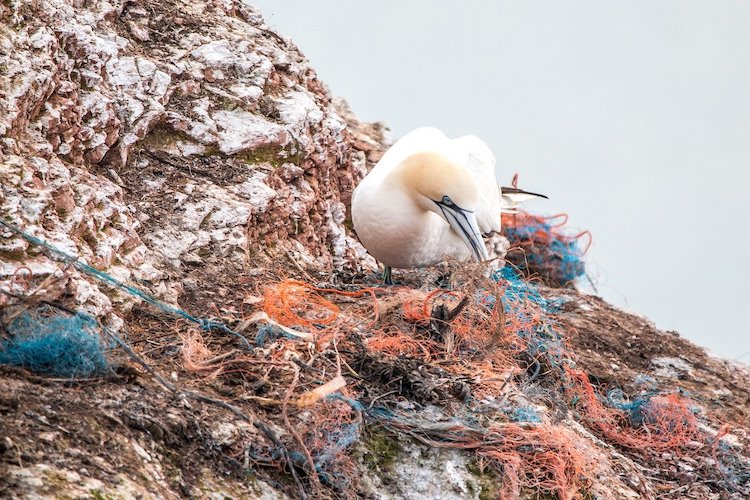 Photo via A_Different_Perspective/Pixabay
Photo via A_Different_Perspective/Pixabay
Related stories:
Top images via Opération Mer Propre/Facebook
If you like what you read, follow us on Facebook, Instagram, Twitter and Telegram to get the latest updates.
